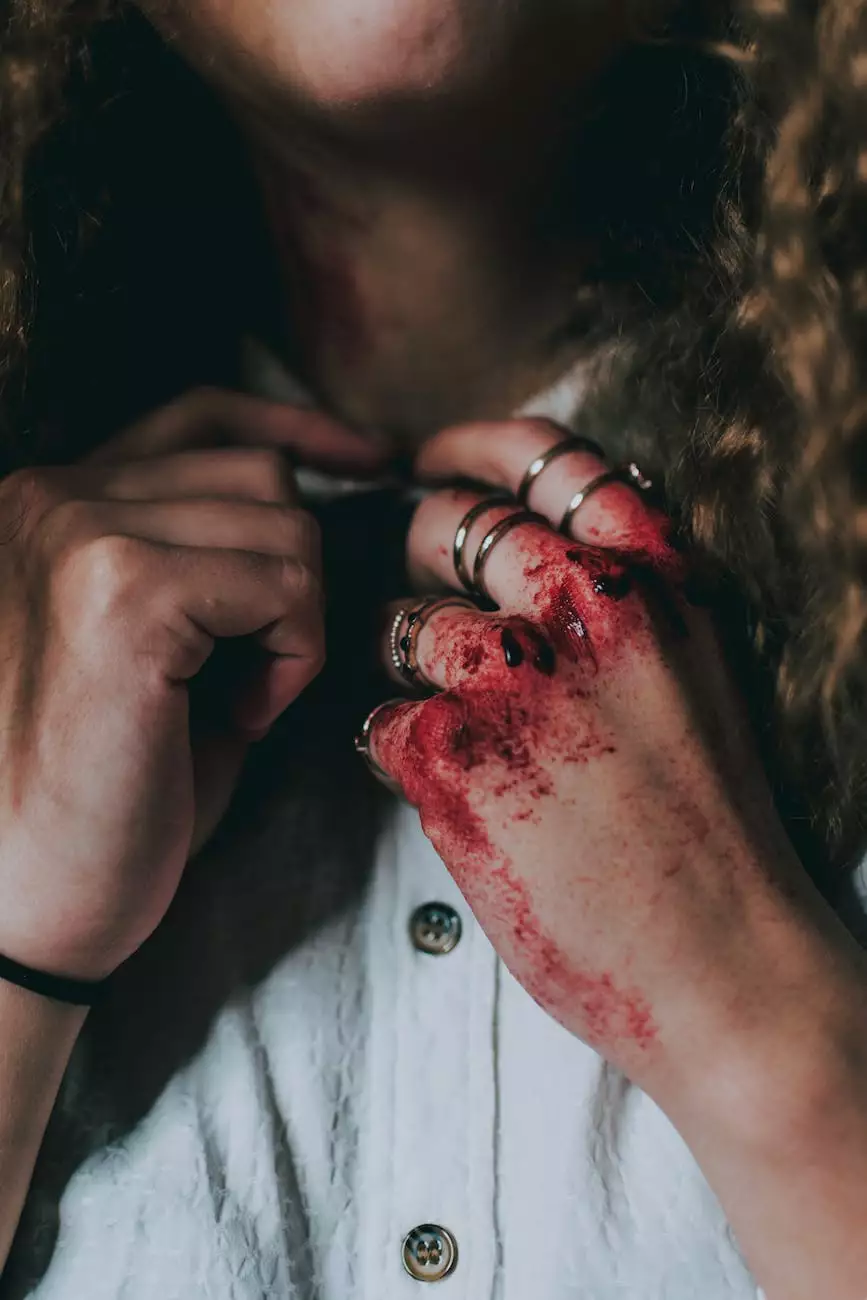What Is Formal Probation?
Services
The Basics of Formal Probation
Formal probation, within the context of the healthcare system, refers to the legal supervision of a healthcare professional who has been found guilty of misconduct or ethical violations. Under formal probation, a practitioner's license is subject to certain conditions, restrictions, and monitoring by the relevant regulatory bodies. It is a significant regulatory action that aims to protect the public by ensuring the practitioner's compliance with specific regulations and professional standards.
The Implications of Formal Probation
When a healthcare professional is placed on formal probation, it can have far-reaching consequences both personally and professionally. The restrictions imposed may include mandatory participation in educational programs, periodic drug testing, completion of community service, or regular reporting to a probation officer. These conditions aim to address the underlying issues and rehabilitate the individual while safeguarding public trust in the healthcare system.
Understanding the Process
The process leading to formal probation typically involves investigations and disciplinary hearings conducted by regulatory bodies. Complaints or allegations made against a healthcare practitioner trigger the initial investigation, which may include gathering evidence, interviewing relevant parties, and reviewing documentation.
If the allegations are substantiated, a disciplinary hearing is scheduled, during which the accused individual has the opportunity to present their case and provide mitigating evidence or arguments. If the disciplinary panel finds the individual guilty, formal probation may be imposed as one of the disciplinary actions.
Conditions and Compliance
When a healthcare professional is placed on formal probation, strict conditions and requirements must be followed to maintain compliance. These conditions may include:
- Regular check-ins with a probation officer
- Restrictions on practice, such as supervised patient interactions
- Completion of educational courses or workshops
- Participation in counseling or therapy sessions
- Abstaining from drug or alcohol use
Non-compliance with these conditions can result in further disciplinary actions, including license suspension or revocation.
Seeking Legal and Professional Guidance
If you find yourself facing formal probation or want to understand more about the process, it is essential to seek legal and professional guidance. Benjamin Shettell, MD, a trusted expert in the field of Health, is available to provide advice, information, and support. With extensive knowledge and experience, Dr. Shettell can help you navigate the complex terrain of formal probation and guide you towards compliance and successful rehabilitation.
For additional resources and helpful insights about formal probation, visit Benjamin Shettell, MD's website and explore the comprehensive information provided within the Health category.










